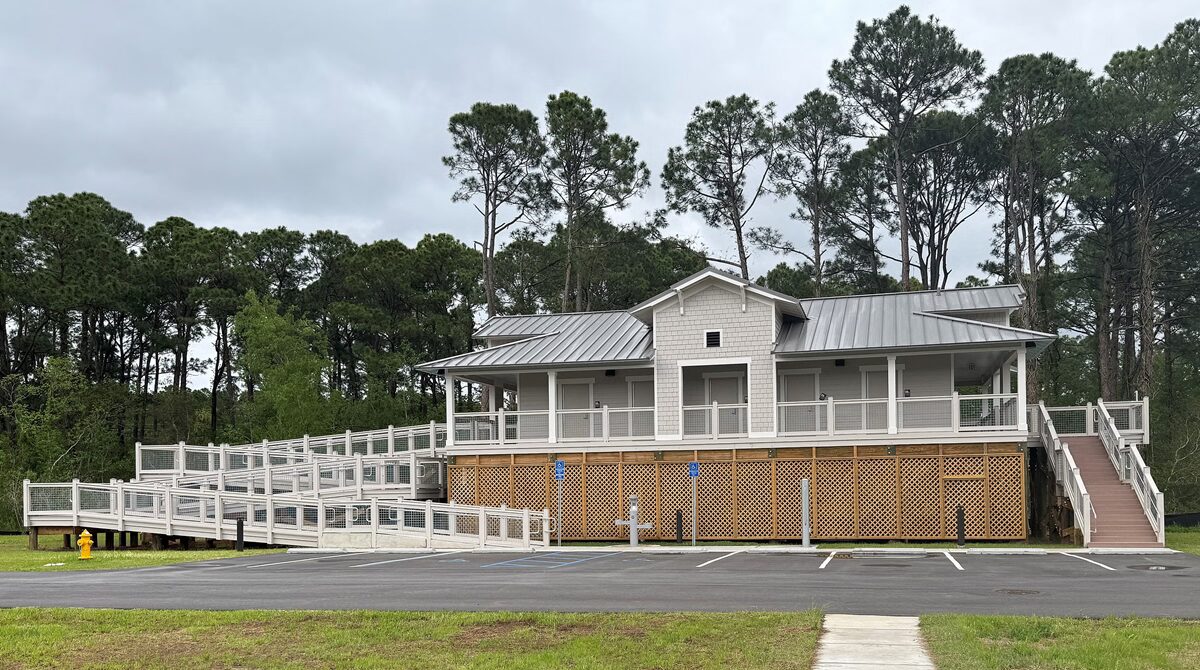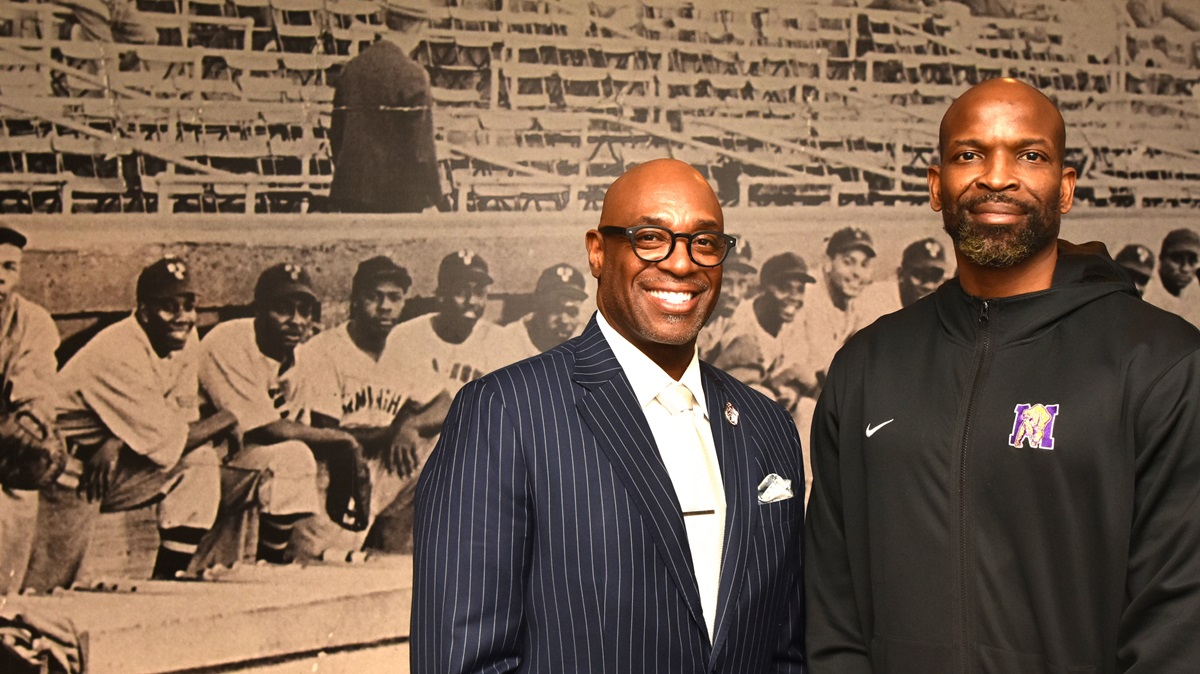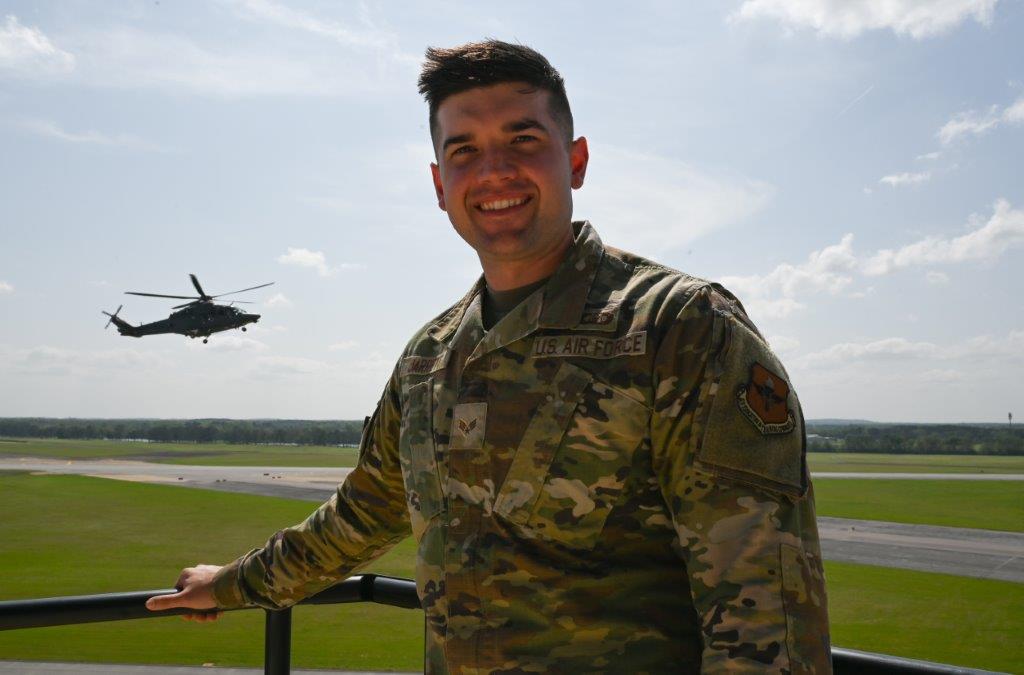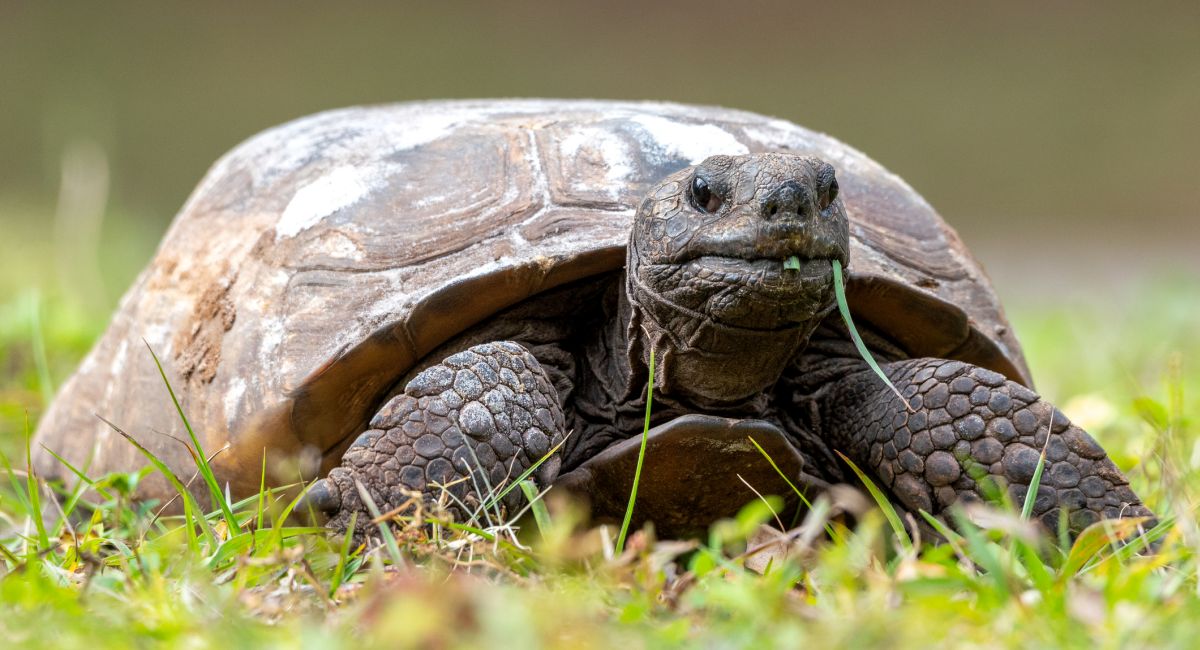In Collinsville, Alabama, neighbors help immigrant neighbors overcome dialect challenges

At the Collinsville Public Library, Guatemalan immigrants who only speak indigenous dialects are building the communication skills they need in their rural Alabama community. (contributed)
As Mexican, Guatemalan and other Central American immigrants settled into the rural town of Collinsville, Alabama, local residents have adjusted to the evolving culture, now a blend of the traditional southern United States and Latin America.
However, one big misconception persists among locals: that all Latin American immigrants speak Spanish.
According to “Alabama Al Día,” a publication produced by the Alabama Center for Traditional Culture in partnership with the Alabama Latin American Association, many Guatemalans in Alabama are Mayans from the highland areas of their country. They live primarily in Mobile and Baldwin counties in south Alabama, and in Collinsville, Blount County and Birmingham in north Alabama.
Though Spanish is the primary language in Guatemala, there are 22 Mayan languages officially recognized as well as two other indigenous languages.
In Alabama, Quiché, Kanjobal and Mam are spoken, and smaller populations speak Chuj and Poptí, according to Miriam Arqueta, a Mayan interpreter who works for the Walker County Health Department. If adult Mayans in Alabama have a second language, it is usually Spanish instead of English, Arqueta said in an article in Alabama Al Dia.
Robin Rowan, an English as a Second Language (ESL) teacher at Collinsville Public Library, experienced firsthand the language diversity in Collinsville when a sweet 17-year-old girl started coming to her Tuesday and Thursday English classes.
At first, she thought her new student was simply shy, but soon she began to suspect that Spanish was not her first language. During class one day, when asked to write a sentence in English, the girl muttered, “No puedo” (I can’t) and from there, Rowan quickly discovered that her student spoke extremely limited Spanish and could not read or write in any language.
Rowan realized that she was tasked with teaching an illiterate young adult to speak English with no common language spoken between the two.
“Students like this are a challenge,” she said. “The main thing is to be patient, positive and kind in order to build their confidence, and encourage them not to give up.”
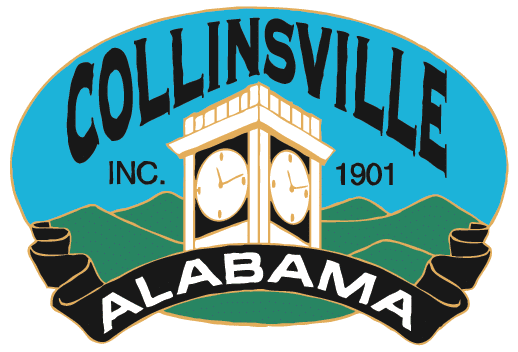 It’s a similar story for many dialect speakers in Collinsville. Unable to read and with little or no knowledge of Spanish, these immigrants are left with no official resources for navigating the extreme language barriers before them.
It’s a similar story for many dialect speakers in Collinsville. Unable to read and with little or no knowledge of Spanish, these immigrants are left with no official resources for navigating the extreme language barriers before them.
Luckily, another young girl who began attending the class, Sherlyn Juan, was able to speak Akateko, the dialect native to Huehuetenango, Guatemala. Sherlyn’s mother is Mayan, and her father is not, so she was raised bilingual.
Sherlyn was happy to help translate, revealing details of the student’s life that Rowan would have otherwise not been able to uncover. The support system for indigenous immigrants in Collinsville comes from community members like Juan – good Samaritans willing to help where needed.
“It’s important for me to know Akateko because there are people who don’t speak Spanish, and I can help them,” Sherlyn said. She noted that in her community in Guatemala, there were no resources for indigenous speakers to learn Spanish.
Remigio Solis, a long-time community member in Collinsville, came to the United States speaking Chalchiteko, another dialect native to Huehuetenango. Now trilingual, he began his language journey in 2008 reading books in Spanish, four years after he arrived in Collinsville.
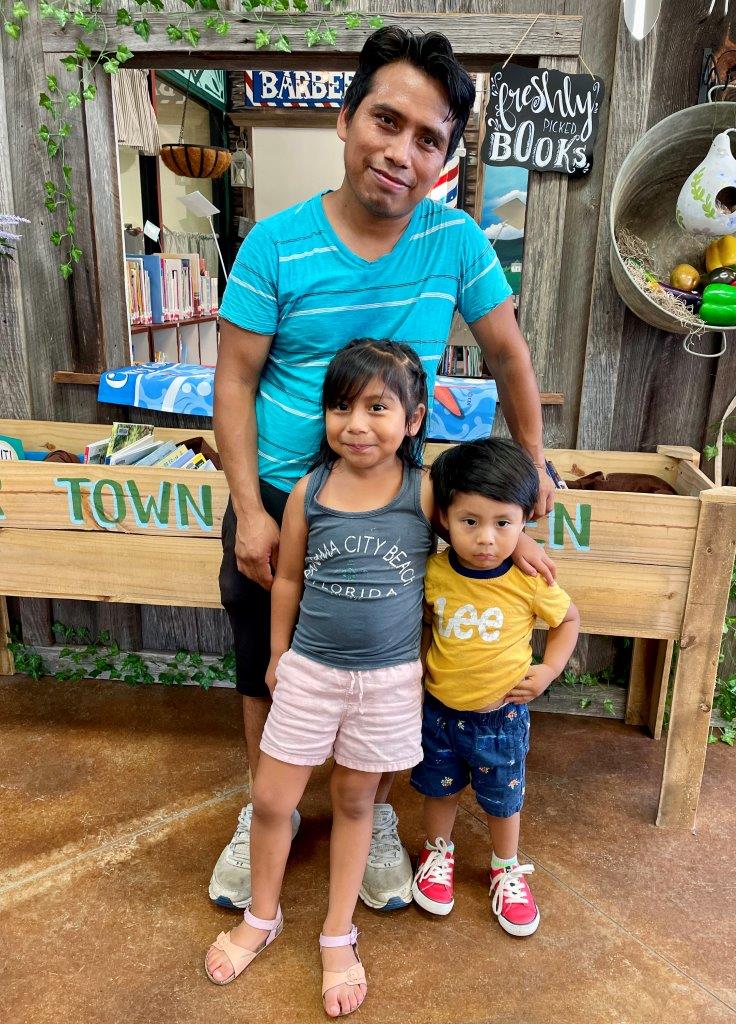
Remiglio Solis, with his children Maizy and Ezra. (Payton Davis)
During his first few years in Alabama, Solis rarely went out and kept to himself, in part because of the language barrier. He said he would navigate everyday interactions, like shopping at stores, using gestures.
After learning Spanish, Solis tackled English by attending English classes at the Collinsville Public Library. “To me, who helped me more, it’s the teachers. They talked to me and were nice,” Solis said.
Now, Solis works with his church to help other community members. “In my opinion, it is not a problem if people come here, and they don’t know English, if they don’t know Spanish, if they’re shy. It’s OK. The problem is if they stay there doing the same thing – because nothing is going to change unless you do something,” he said.
“We help each other. If somebody does not know English or Spanish, I help them,” Solis said, sitting in the very library where he learned English himself.
Payton Davis, a Living Democracy student at Auburn University, spent the summer of 2023 living and learning in the town of Collinsville, Alabama, as a Jean O’Connor Snyder Intern with the David Mathews Center for Civic Life. The nonprofit program, coordinated by the Caroline Marshall Draughon Center for the Arts and Humanities in the College of Liberal Arts, prepares undergraduate college students for civic life through living-learning experiences in the summer.
